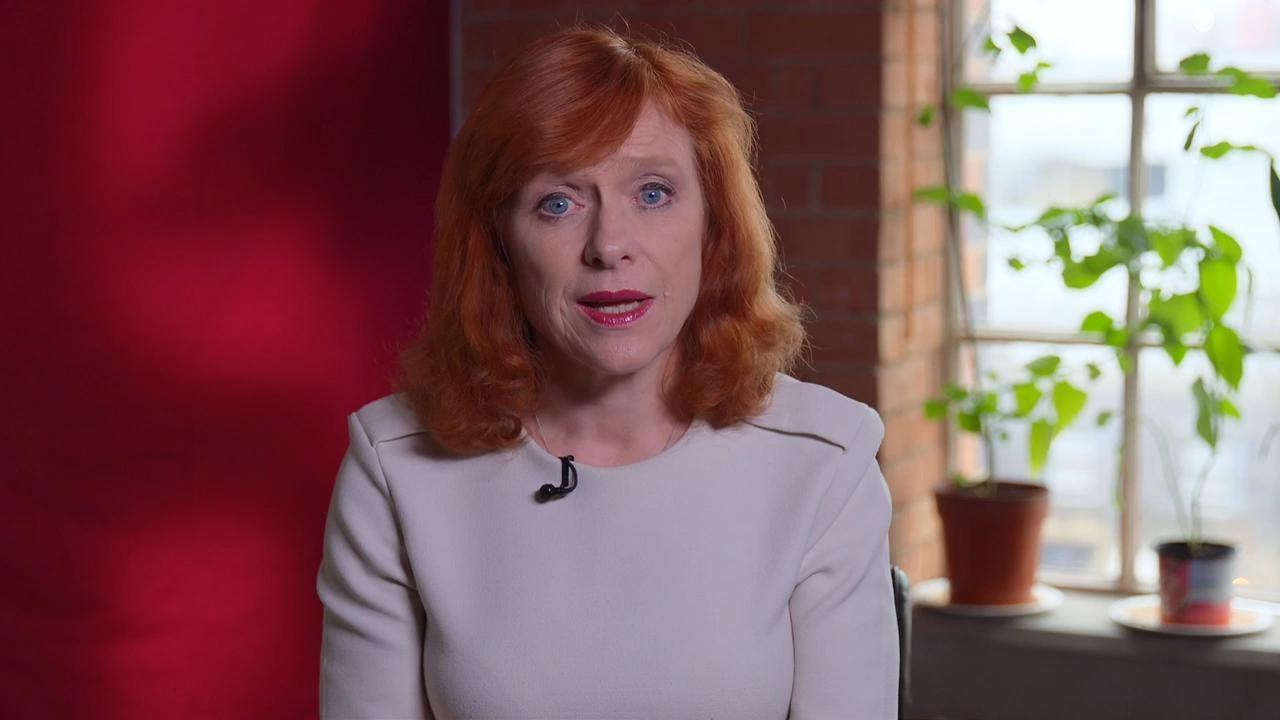
How to orgasm more easily during sex
Peer reviewed by Dr Sarah Jarvis MBE, FRCGPLast updated by Sally TurnerLast updated 1 Jun 2018
Meets Patient’s editorial guidelines
- DownloadDownload
- Share
- Language
- Discussion
Many women will experience difficulty reaching orgasm from time to time. And for some, sexual climax remains frustratingly elusive. We look at the common issues that can hinder orgasm and find out how women can improve their chances of getting there.
In this article:
Sexual satisfaction is a key aspect of physical and emotional well-being, yet far fewer women than men report reaching orgasm regularly. Research by the Kinsey Institute shows that while gay and straight men climax in 85% of their sexual encounters, women having sex with women orgasm about 75% of the time. And for women having sex with men, the figure is just 63%. Women are more likely to orgasm through masturbation when alone, than with a partner.
Continue reading below
Common issues
Dr Becky Spelman, a psychotherapist and couples counsellor at the Private Therapy Clinic, London, says difficulty reaching orgasm is a common issue for women.
"Inadequate levels of lubrication, an insensitive partner, or just plain old bad love-making techniques are a few of the many reasons for this," she comments.
Hormonal fluctuations, health issues and the side-effects of common medications can also make sexual climax difficult to achieve. Claudine Domoney, a consultant gynaecologist at London's Chelsea and Westminster Hospital, explains:
"Antidepressants and blood pressure medications can make orgasm more difficult because of the way they act on the brain and body. Conditions such as diabetic neuropathy and significant slipped disc problems can be an issue, as can previous operations that may affect the nerves in the pelvis, though this is rare. Gynaecological conditions can also have a potential impact."
Menopausal changes can also be a factor, with women reporting they are unable to orgasm as easily, or that the nature of their orgasm has changed and become less intense.
"Using a small amount of testosterone can sometimes make a difference in menopause," says Domoney. "Though there’s no licensed preparation of it for this use in the UK at the moment."
Often though, difficulty reaching orgasm may have a psychological element. Sexual intimacy requires a degree of vulnerability and emotional risk which can sometimes block our ability to climax - we may not even be consciously aware of these feelings. Broader worries, depression, anxiety, fatigue and excessive alcohol consumption can also have an impact.
"How women perceive the sexual experience psychologically and emotionally can be just as important as what they are experiencing physically," comments Domoney. "Often inability to orgasm can be due to a change in circumstance, feeling vulnerable and not feeling able to let go - for example, when things change in a relationship, or on meeting a new partner."
Spelman adds that in our pornified culture, women often feel under pressure to perform.
"Women who can't stop thinking about how they 'have' to have an orgasm may experience performance anxiety and find it very difficult to reach that elusive goal," she says. "Others may have issues in their lives or in their pasts that have caused emotional distress to become associated with sex on some level, perhaps unconsciously."
Tips to boost your chances
Back to contentsGet to know your body and mind
Have plenty of pleasurable fun by yourself, then transfer this knowledge to partnered sex.
Experiment with sex toys, use a pH-balanced, organic lubricant, and discover what stimulates your mind as well as your body, whether it's erotic fiction, female-friendly porn, or exploring your own fantasies. Break out of the orgasm rut and try a different technique if what used to work for you no longer gets you there.
"Adding sex toys to the mix can help, provided that these are designed with women's bodies and excitement in mind," says Spelman. "It's time to refocus sex away from the simplicity of penis-in-vagina sex and to look at the many other exciting possibilities that there are."
Maximise clitoral stimulation
"Positions involving the woman on top give her greater control over her body and more freedom to choose how to move," advises Spelman.
Using a small 'bullet' vibrator on the clitoris during intercourse may also boost your chances if your sexual position is not offering enough direct stimulation.
'Edging'
This technique involves deliberately pausing as you edge towards orgasm, then continuing stimulation. The emphasis is on building pleasure and staying with the sensations, rather than focusing on the end result. You might pause for seconds, minutes, or even continue stimulation at intervals throughout the day. Orgasm may then be easier to reach as the intensity builds over time.
Get out of your head and stop trying!
"The best way to reach orgasm is to relax and take your eyes off the 'prize', says Spelman. "Taking the emphasis off the goal of orgasm can be the best way to get closer to having one."
Reduce 'performance' anxiety by using mindfulness techniques to reduce mind chatter and focus instead on observing your breathing and bodily sensations. This shifts the emphasis from trying to being. If you get stuck in goal-oriented narrow focus and orgasm isn't happening, shift into open focus to break out of 'trying' mode. You can do this by becoming aware of the space in the room and gently focusing your gaze on the middle distance.
Exchanging fantasies, 'pillow talk' and banter with your partner can also take the pressure off heading for orgasm.
Continue reading below
How to talk to your partner
Back to contents"The best way to talk about intimate matters and what we want in bed is to be positive," advises Spelman. "Rather than saying, 'Touching me in that way doesn’t do anything for me …' focus on positive reinforcement: 'It felt good when you did X, perhaps we could try more of that,' or 'I would love to feel your hands on me here, can we try …'"
It can be useful to show rather than tell - move your partner’s hand against your clitoral area and/or use a vibrator to demonstrate what works for you. If you suspect the 'block' is less about technique and more emotive, discuss it in a non-sexual context rather than in the heat of passion.
Where to seek help
Back to contents"If you've never been orgasmic it may be a more deep-seated problem," says Domoney. "But if you've been in a relationship for a while and can’t reach orgasm with your partner, whereas you can on your own through masturbation, then that may also be a reason to seek advice."
Menopause and health problems with the potential to affect orgasm can also be reasons to see a medical expert. If inability to climax becomes a long-term issue, Domoney suggests seeing your GP who may refer you to see a sex therapist or a gynaecologist with expertise in sexual medicine: "A GP should be able to sort out whether it's a psychological or physical issue and refer you to the best person."
Patient picks for Women's sexual health

Sexual health
Understanding vulvodynia and why it causes painful sex
Vulvodynia is a leading cause of painful sex and affects up to 3.2 million women in the UK, yet it is often misdiagnosed and under-reported. It affects the vulva - the area surrounding the entrance to the vagina, including the labia and clitoris. Sally Turner shares her experience of living with the condition and uncovers the latest thinking on causes and treatments.
by Sally Turner

Sexual health
Video: How does PID affect fertility?
Whether the cause of your pelvic inflammatory disease is as a result of an STI or not, you're bound to have a lot of questions about your condition. Our experts are here to help.
by Dr Sarah Jarvis MBE, FRCGP
Continue reading below
Article history
The information on this page is peer reviewed by qualified clinicians.
1 Jun 2018 | Latest version

Ask, share, connect.
Browse discussions, ask questions, and share experiences across hundreds of health topics.

Feeling unwell?
Assess your symptoms online for free
Sign up to the Patient newsletter
Your weekly dose of clear, trustworthy health advice - written to help you feel informed, confident and in control.
By subscribing you accept our Privacy Policy. You can unsubscribe at any time. We never sell your data.